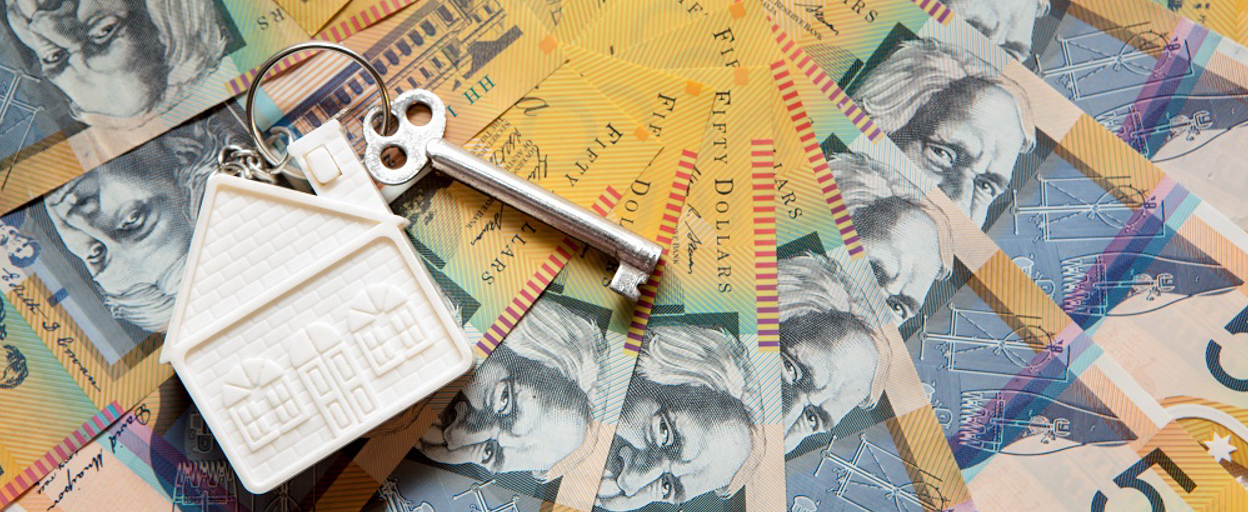- 18 Feb 2025
- 2 min read
- By Claire Ryan
First cash rate cut in years boosts buyers’ hopes for more, says REIQ
The Real Estate Institute of Queensland (REIQ) is welcoming the Reserve Bank of Australia’s (RBA) highly anticipated decision to lower the official cash rate by 25 basis points to 4.10 per cent - improving borrowing capacity and providing mortgage relief.
REIQ CEO Antonia Mercorella said the first rate cut in more than four years (since November 2020), may be modest but it was significant for consumer confidence in Queensland’s property market.
“With affordability top of mind for many Queenslanders, any measure that reduces borrowing costs is a welcomed development,” Ms Mercorella said.
“This cut will make it easier for prospective home buyers to service larger loans, boosting their borrowing power.
“For example, a single person earning the Queensland average salary of $98,900 could see their borrowing capacity increase by over $7,900, while a couple could gain over $18,500, depending on their monthly expenses.[1]
“The cut will also translate into noticeable monthly savings for variable mortgage holders, depending on loan size and term.
“For instance, a borrower with the average new loan size for owner occupiers in Queensland of approximately $635,000 could save approximately $97 per month if the full 25 basis point reduction is passed on[2].”
Ms Mercorella said economists, banks, prospective home buyers, property investors, and mortgage holders were hopeful and optimistic about more cuts to follow this year.
“With the cash rate at 4.35 per cent since November 2023, many are hopeful this is the start of the easing phase of the monetary policy cycle,” she said.
“Major local banks including ANZ, CBA, NAB, and Westpac forecast cumulative cash rate cuts of 50-100 basis points this year given easing inflation.
“In the December quarter 2024, core CPI inflation continued its downward trend to 3.2 percent yearly, closely nearing the RBA’s 2-3 percent target band[3].
“Rate cuts may help lift the private sector outlook which has seen weak GDP growth of 0.8 percent and GDP capita fall by 1.5 percent in the year to September quarter 2024[4].
“Although a single rate cut won’t solve all economic challenges, it demonstrates the RBA’s commitment to foster broader sustainable economic growth.”
Ms Mercorella said that while rate cuts can offer short-term relief, the crux of affordability lies in increasing housing supply.
“If we don’t address Queensland’s housing supply constraints, the positive impact of lower interest rates will be negated by continued upward pressure on prices,” she said.
“Queensland’s real estate sector has proved remarkably resilient compared to southern states with sustained growth.
“Looking at the capital cities, Brisbane property values increased 0.3 per cent in January, while values nationwide were unchanged, and Sydney and Melbourne property values fell 0.4 and 0.6 percent respectively, according to CoreLogic.
“A rate cut could bring back some investors into the market who may have been discouraged by prevailing interest rates and were waiting for a rate cut.
“Some indications of this hesitancy was seen in the ABS’s December quarter 2024 Lending Indicators data, which recorded a 9.2 percent drop in investor loans in Queensland.[5]”
ENDS
Media enquiries:
Claire Ryan, Media and Stakeholder Relations Manager, The Real Estate Institute of Queensland
M: 0417 623 723 E: media@reiq.com.au
Read another media release from the REIQ: REIQ backs reform to help student debt holders secure home loans.
Or browse our suite of media releases.
[1] The estimated annual salary of $98,900 is based on the ABS Trend value for average weekly full-time adult ordinary time earnings in Queensland reported in ABS Average Weekly Earnings. In estimating the borrowing capacity for a couple, both are assumed to earn this amount each. A current variable interest rate of 6.22% was assumed based on December data reported by the RBA in Lenders’ Interest Rates. The calculations assume no dependents and average bills/living expenses are $3,000/month for singles and $5,000/month for couples.
[2] The average loan value assumption is based on the December quarter figures from ABS Lending Indicators, Table 7. Households; Housing finance; Owner occupiers; By detailed purpose; New loan commitments; Queensland; Numbers and values. A current variable interest rate of 6.22% was assumed based on December data reported by the RBA in Lenders’ Interest Rates. The estimated monthly saving applied the default assumptions of a 25-year loan term and $10 monthly fees.
You might also like
View All Articles
View All Articles


Start your Real Estate Career
Need help? 1300 697 347 or contact us




